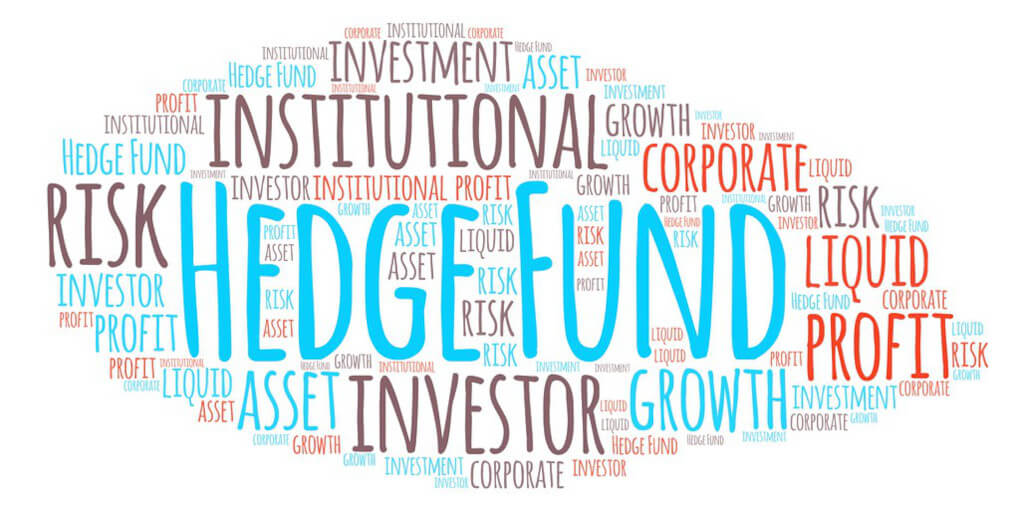South Africans do not have nearly as much money invested in hedge funds as investors from other countries. Since its inception in the early 1990s, the hedge fund industry has mushroomed into a global phenomenon worth more than $5 trillion (over R90 trillion). Image: AdobeStock Since its inception in the early 1990s, the hedge fund industry has mushroomed into a global phenomenon worth more than $5 trillion (over R90 trillion).
When interest rates are rising, inflation is rising, and there is a war going on in Ukraine, it is a dangerous time to invest in stocks because the market tends to go down.
During times like these, investing in hedge funds, which offer the commitment of capital protection as well as risk reduction, starts to look like an especially attractive option.
The ability of hedge funds to start taking more aggressive positions (including shorting the industry) and put the money in a broader world of investment products than unit trusts has contributed to the rise in popularity of hedge funds over the past decade. Hedge funds are now more popular than ever. The Laurium Market Neutral Fund is one example of a hedge fund that is organized to outpace inflation by a predefined margin. This fund invests primarily in South African equity funds and intends to beat customer inflation by 5% per year, over any three-year rolling period. Other hedge funds also have this goal.
Since its inception in the early 1990s, the hedge fund industry has mushroomed into a global phenomenon worth more than R90 trillion (or $5 trillion). There are numerous investment strategies available within the hedge fund industry, including long-short equity, market neutral, and volatility arbitrage, to name a few. To reduce the impact of potential losses and, in some instances, to boost returns, funds frequently employ the use of derivatives and leverage.
Although there has been a meteoric rise in curiosity in hedge funds and other investment options across the globe, South Africa has been slow to catch up. Less than 10% of endowment funds in South Africa are allocated to alternative investments and hedge funds, compared to between 20% and 50% of the world’s largest endowment funds. Kim Zietsman, who is in charge of business marketing and development at Laurium Capital, thinks that the figure for South Africa ought to be closer to 15–20 percent.
Nevertheless, There Are Indications That Attitudes Are Beginning to Change
According to Zietsman, “We’re obtaining quite a few queries from investment planners looking to allot to hedge funds.” “There is also a great deal of interest from discretionary fund managers,” the author writes. “This is a response to the pressure that they are gaining from their customers, who are financial advisors.” Their primary concern is how they can provide their customers with equity-like returns while minimizing the associated risk.
What is the Maximum Amount That Can Be Invested in Hedge Funds in South Africa?
According to Zietsman, Regulation 28 of the Pension Funds Act – which identifies constraints on exposures to various asset classes within retirement money – permitted for an accumulated 10% allocation to hedge funds, with not more than 2.5% exposure to any single investment. Following the implementation of amendments to Regulation 28 in July 2022, the 10% allowance that was previously shared with other alternate solution asset classes is now reserved solely for hedge funds.
Zietsman claims that its exclusive space is a significant advancement in comparison to the previous limits that were imposed by Regulation 28. “But that restriction may be significantly larger for discretionary money falling outside of the purview of Regulation 28, such as endowments, living private pension funds, and non-retirement savings,” the sentence reads.
The Collective Investment Schemes Act prohibits unit trusts from investing in hedge funds; the industry is working to change this provision of the law.
It does not make logical sense to refuse unit trust fund supervisors the opportunity to better safeguard and expand the savings of investors by shutting them out of hedge funds, so we undoubtedly desire to see this changed, says Zietsman. “We want to see this changed because it doesn’t make sense to deny them that ability.”
What Are a Few of the Most Significant Challenges That Hedge Funds in South Africa Are Currently Facing?
Zietsman says, “We’d like to see a few adjustments to the regulatory structure to allow unit trusts to invest in hedge funds.” “Another challenge we face is that the boards of trustees are not well-versed in the field in which they serve. We need to educate people more about this topic, explaining the advantages, disadvantages, and applications of hedge funds.
When compared to other jurisdictions, South Africa has a lot of rules and regulations. The fact that we are required to provide the Financial Sector Conduct Authority (FSCA) with a report every month is a positive development.
“Fund managers in South Africa tend to be quite cautious, and fees can often be quite high; however, returns after fees should be the metric that is used to evaluate the industry as a whole.”
Who Exactly Should Be Putting Their Money Into Hedge Funds?
Traditionally, high-net-worth people, investment managers, and financial planners were the primary investors in hedge funds. However, in recent years, barriers to entry have decreased, making it possible for a much wider market to participate in this potential investment opportunity.
The previously inaccessible investment strategies of hedge funds are now within the reach of the retail market. The majority of people gain access to hedge funds through the assistance of their financial advisors. It is now much simpler for financial advisors to take part in hedge funds thanks to the proliferation of investment platforms such as those provided by Allan Gray, Glacier, Ninety One, Momentum, and INN8 amongst others.
How Have South African Hedge Funds Fared Throughout the Inflation Crisis of 2022?
The following chart compares the performance of Laurium funds to that of the JSE All Share Index and the average hedge fund performance for South Africa. Positive returns ranging from 9.5% to 16.5% were generated by the Laurium funds for the year ending on August 31, 2022, in comparison to returns ranging from -6.2% for the JSE All Share Index and between 2.2% and 5.2% for the South African hedge fund industry as a whole.
According to Zietsman, who works for an investment firm, “there is an indisputable case for increased visibility to hedge funds for those who are seeking to safeguard equity and outpace inflation in this volatile environment.”





